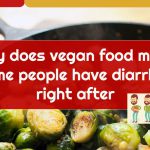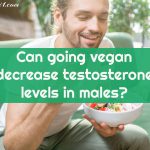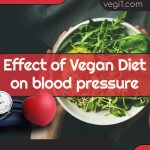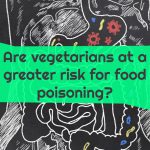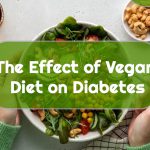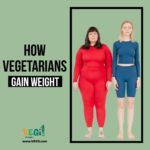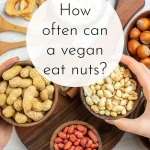The Impact of a Vegan Diet on Cholesterol Levels
The Impact of a Vegan Diet on Cholesterol
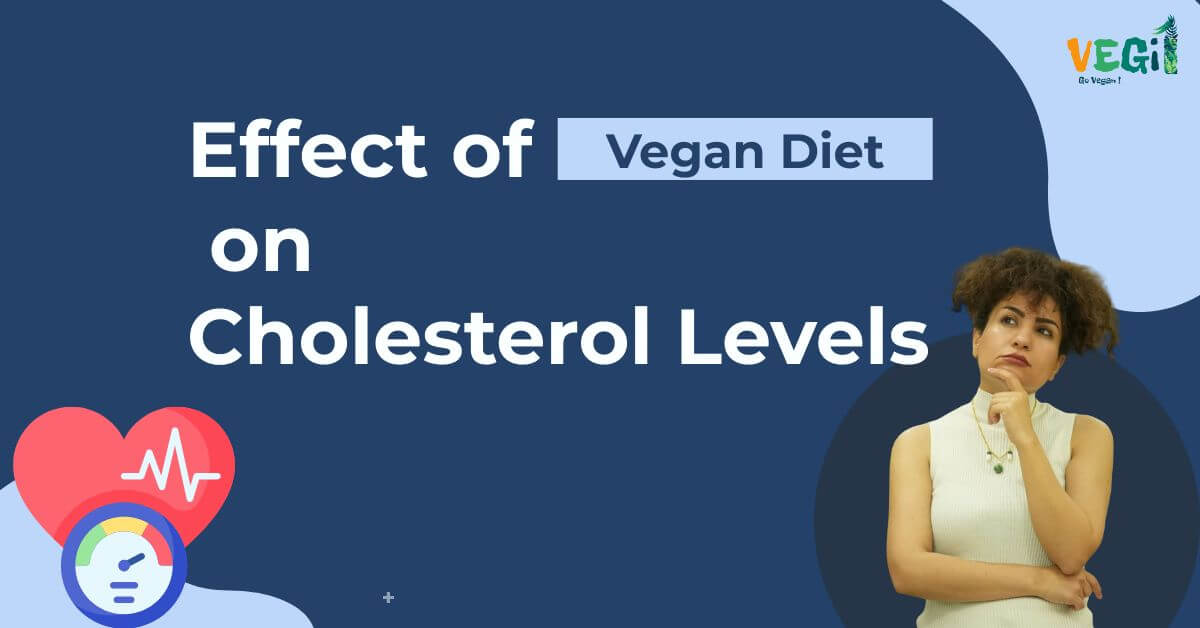
The vegan diet, focusing on plant-based products and excluding animal-based products, has become popular in recent years due to its potential health benefits.
As a vegan, people can enjoy lots of products such as fruits, vegetables, seeds, nuts, whole grains, soy and plant-based dairy alternatives, fermented plant foods, and more.
One of the most notable advantages of following a vegan diet is its impact on cholesterol levels. High cholesterol, particularly low-density lipoprotein (LDL) cholesterol, is a significant risk factor for heart disease.
This article explores the impact of a vegan diet on cholesterol levels and its implications for cardiovascular health.
In this article you will read:
Understanding Cholesterol
Cholesterol is a waxy substance that does not dissolve in blood, helping build cell membranes and produce the hormone vitamin D.
So, our body itself produces cholesterol to fulfill body needs. However, too much cholesterol in the blood can lead to the development of fatty deposits in the blood vessels, increasing the risk of heart disease and stroke. This is why we should consider the amount of cholesterol we receive from our daily diet.
As a result, having the right lifestyle can reduce the risk of health issues related to high cholesterol.
There are two types of cholesterol: high-density lipoprotein (HDL) and low-density lipoprotein (LDL). HDL is also called ‘good’ cholesterol because it absorbs cholesterol from the blood and transports it to the liver to be expelled from the body, therefore reducing the risk of heart disease.
Conversely, LDL is known as ‘bad’ cholesterol because it contributes to the body’s cholesterol makeup, increasing the risk of heart disease and stroke as well.
You will see total cholesterol, HDL, and LDL levels when you test your blood. Doctors first check total cholesterol and then take a look at two items.
Marinating low LDL and high HDL levels are associated with a low risk of heart attack.
The proportion of total cholesterol to HDL should ideally be under 4:1.
Effect of Vegan Diet on Blood Pressure
What is the appropriate cholesterol level?
According to the results of the Framingham Heart Study, the best level for cholesterol is below 150 milligrams per deciliter (mg/dL). This is because, at this cholesterol level, the likelihood of heart disease reduces.
But most people in America have over 200 mg/dL cholesterol, which increases the heart and culinary disease rate in this region.
Definition of vegan diet
A vegan diet excludes all forms of animal products, including meat, dairy, eggs, and any by-products derived from animals.
This diet primarily consists of plant-based foods such as fruits, vegetables, grains, legumes, nuts, and seeds.
Some vegans also avoid processed foods for whole, unrefined foods for health reasons. The vegan diet is beneficial not only for consumers’ health but also for environmental advantages.
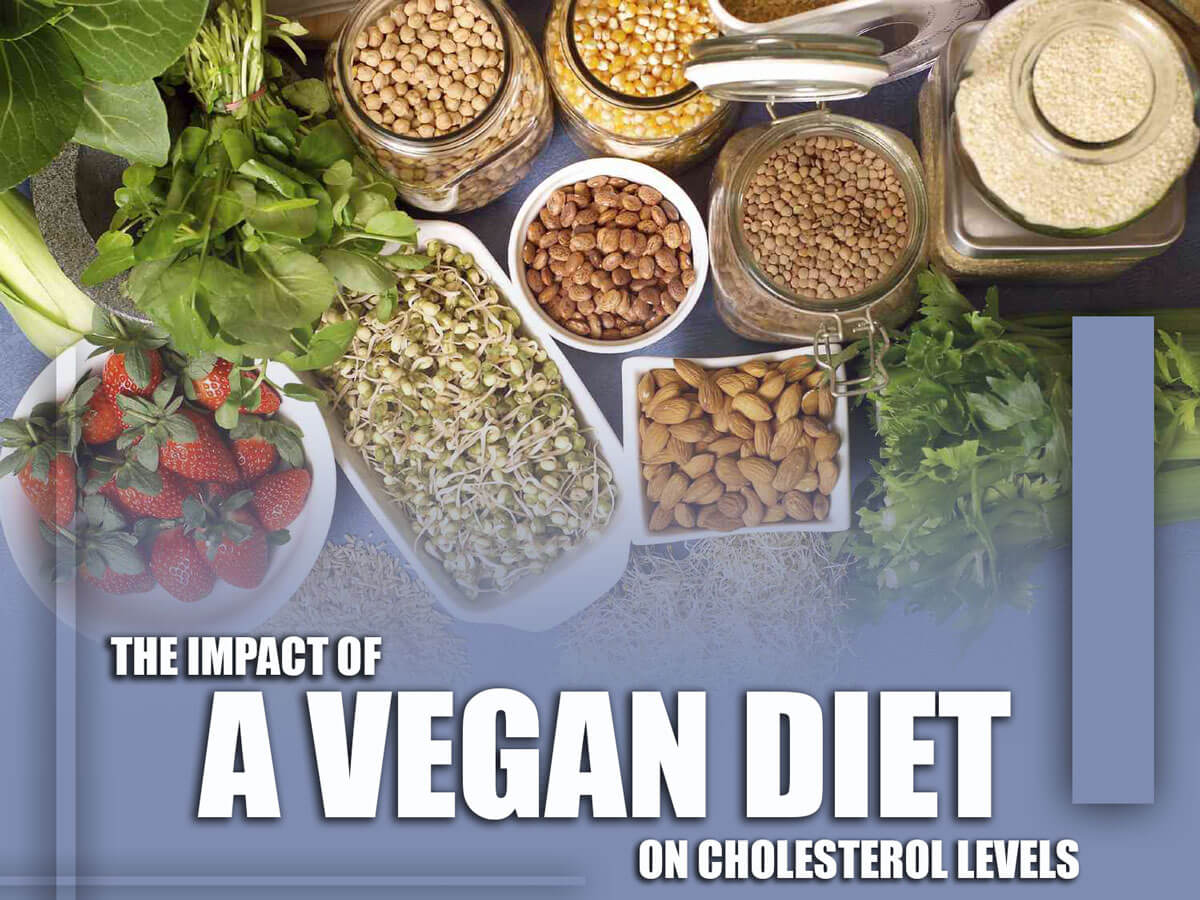
The Vegan Diet and Cholesterol Levels
A vegan diet is inherently low in cholesterol and saturated fats, both of which are primarily found in animal products.
Since a vegan diet is rich in whole grains, fruits, vegetables, legumes, nuts, and seeds, it provides abundant heart-healthy nutrients such as fiber, antioxidants, and unsaturated fats.
Several scientific studies have shown that a vegan diet can significantly lower total cholesterol levels.
A 2017 review of 49 studies comparing the cholesterol level in both vegan and omnivorous diets shows that in those who adapt to vegan diets, the rate of LDL and HDL was lower than in those who followed omnivorous diets.
Yes, your statement is correct. According to a meta-study that included seven studies with a total of 124,705 cases, it was found that individuals who follow a vegan diet have a 29% lower risk of developing ischemic heart disease compared to those who consume meat and dairy in their diet.
How vegan diet lower the cholesterol level?
The reduced cholesterol levels by following a vegan diet can be attributed to several factors.
Firstly, as you may know, vegan diet is rich in fiber which can help reduce cholesterol levels by binding with cholesterol in the digestive system and removing it from the body before it can be absorbed.
Secondly, the antioxidants found in fruits and vegetables can prevent LDL cholesterol from oxidizing and forming plaques in the arteries.
Lastly, the unsaturated fats in plant foods can help to increase HDL cholesterol levels and decrease LDL cholesterol levels.
Note that the aim of a vegan diet is consuming low-processed foods such as fruits, vegetables, seeds, plant-based oils, and nuts and not including high-processed foods such as chips.
Other benefits of vegan diet on body’s health
Here are the benefits of vegan diet that should not be overlooked:
- Maintaining a healthy weight
- controlling blood sugar level result in preventing diabetes type 2
- Reduce the risk of Alzheimer’s disease
- Reduce the risk of cancer
- lower LDL cholesterol
- Prevent heart disease
- Lessen the symptoms of arthritis
- Prevent anemia
- lower blood pressure
Effects of Vegan Diet on the Body: Exploring Benefits and Considerations
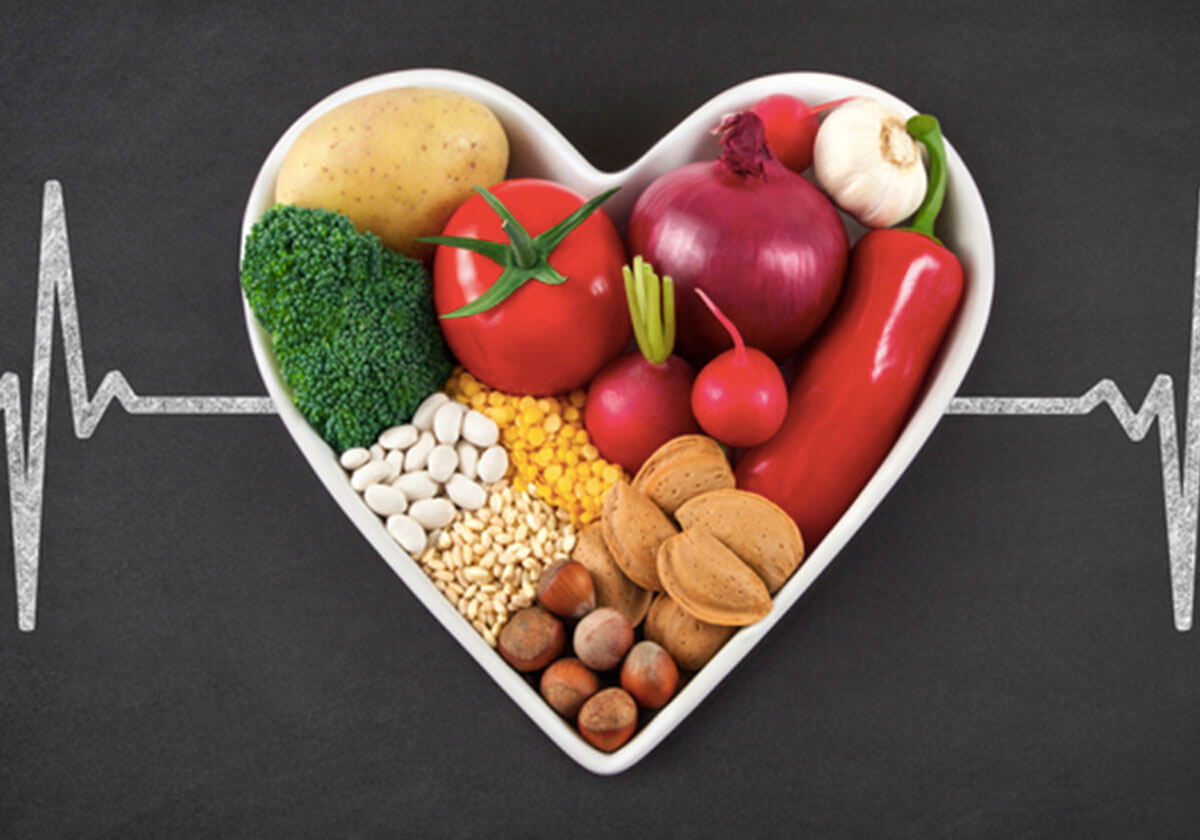
Which vegan foods have lower cholesterol level?
According to a Toronto study, consuming a plant-based diet can help lower LDL cholesterol by 30% in a couple of weeks.
The foods that contribute to cholesterol reduction include:
- Soy protein
- Nuts
- Oats, beans, barley, and other foods high in soluble fiber
- Wheat germ, wheat bran, almonds, Brussels sprouts, and other foods containing substances called phytosterols
On the other hand, eating highly processed vegan foods such as vegan deli meats, vegan beef, pork, and chicken, etc., are high in sodium, sugar, and saturated fat and can lead to a rising in LDL cholesterol levels, which turn ends up in heart disease.
If you eat a burger, you must choose for those made with hearty, healthy oils to reduce the risk of increasing cholesterol.
How to have a heart healthy vegan diet?
To have a heart-healthy vegan diet, you can include these items in your meal plan:
1. Breakfast
- Black beans and avocado on honey-free whole-grain toast.
- Chia pudding is made with chia seeds, rice or oat milk, nut milk, fruit, and maple syrup.
- Banana oatmeal cookies made with banana, cinnamon, oatmeal, and peanut butter
2. Lunch
- Arugula salad with red beans and balsamic dressing.
- Chickpea flour crepe with vegetable and mushroom filling.
- Kale and quinoa lunch bowl made of chickpeas, carrots, bell peppers, and tangy dressing.
3. Dinner
- Potato and onion stuffed peppers.
- Soba noodles, carrots, sugar snap peas, and other herbs.
- Tomato, bell pepper, cucumber, herb pasta salad with a lemon vinaigrette.
It is recommended to consider these tips to make the most of your vegan meal:
Most people think that excluding plant-based products can help reduce saturated fat intake and lower cholesterol levels.
Although this statement is true, it is not the only factor. You should consider other factors that you use to prepare a vegan meal, such as oil.
By following these tips, you can prepare healthy vegan meals:
If your food needs to be fried, you can use alternative options such as baking, grilling, and streaming.
When it comes to butter, you can substitute nut butter for vegan butter, which is rich in trans fat.
You can spray oil instead of pouring vegetable oil on salad or food when you want to sauté. If you carve out crunch fried food, you can come to air fryer options.
Put nuts in your meal plan since they are full of good fats, making them a great option for snacking. When you want to cook, use high-quality, non-stick pans.

Adapting to vegan diet can reduce the risk of cardiovascular disease at any age.
As you get from this article, eating a vegan diet can lower cardiovascular disease risk. It doesn’t matter whether you are young or old; following a vegan diet can lower the risk of heart attacks and other types of cardiovascular disease based on studies. one of these studies showed that eating plant-based products at a young age can reduce the risk of heart attack, stroke, heart failure, and other heart-related issues in middle age.
A result of another study indicates that consuming vegan diet leads to lower cholesterol levels, thereby lessening the risk of heart disease in postmenopausal women.
The bottom line
Following a vegan diet can have a significant impact on cholesterol levels, reducing the risk of heart disease since vegan diet is rich in fiber, antioxidants, and unsaturated fats.
However, it is essential to note that a vegan diet should be based on low-processed foods rather than heavily processed items and balanced to ensure the intake of all necessary nutrients.
We hope reading this article helps you to better understand the association between vegan diet and lower cholesterol levels.
Have you measured your cholesterol level after adapting to vegan diet?
Did you notice any change? If yes, to what extent was it? Please share with us in the comment section.


